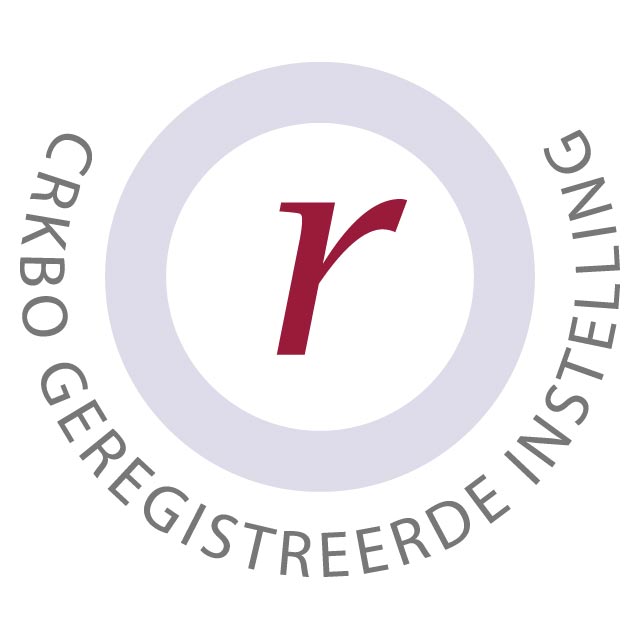EMDR
You have emotional, physical and/or behavioral problems. These complaints seem to be related to one or more traumatic experiences, such as an accident, a fire, an assault, bullying or something else unpleasant.
Scientists think that memories of these traumatic event(s) are not properly stored in the memory. Fortunately, something can be done about that.
Eye Movement Desensitization and Reprocessing (EMDR)
EMDR is an effective, short-term, client-oriented treatment method for complaints related to a traumatic experience. Complaints that have arisen as a direct result of a concrete, unpleasant event, where thinking about this event still evokes an emotional reaction and where a certain relationship between this experience and the current symptomatology (e.g. anxiety complaints, gloominess, re-experiences, sleeping problems) is plausible .
Experience shows that when it comes to trauma after a single event, people are often able to resume their normal daily activities after a few sessions. If the memories are better stored, the problems for which you or your child come here will also diminish or disappear.
When?
Anxiety, stress, guilt and anger are not healthy if they last too long. Fortunately, the body uses a process a bit like the digestive process that helps us process stressful experiences. Just as the digestive system extracts the necessary nutritional components from food, so too does the information processing system extract the useful information from our experiences. The useful information we learn in this way allows us to move on with our lives. When the memories are processed, the emotions, beliefs, body reactions and thoughts are transformed and become healthy and adjusted.
Sometimes negative experiences go unprocessed, leaving an unwanted residue of fear, stress, guilt, anger, and shock that begins to dominate our lives. The system gets “stuck” and needs a push to get going again. It is here that EMDR makes sense.
Most people think of therapy only as talking about their difficulties. One of the hallmarks of EMDR is that you don't have to describe your trauma in detail for it to be "digested" by the information processing system. The treatment takes place on a physiological level and allows new associations, new insights and new emotions to emerge spontaneously. EMDR is a specific set of procedures that support this "digestive function" of the brain.
Background
A number of neurobiologists and memory researchers say that major traumas and other stressful experiences are stored in the memory in a wrong form. Instead of being stored in "explicit" or "narrative" memory, where events can be remembered without feeling pain, they are stored in "implicit" or "non-declarative" memory, where emotions and the body sensations were part of the original event. Since these memories cannot connect to other useful information, they remain isolated from the other experiences in our memory networks. For example, we can think rationally when it comes to other people and know that they are not responsible for certain things, but we cannot think that way about ourselves.
In other words, we can say that a rape victim is not responsible for the acts of the rapist, but we still feel guilty when it happens to us. No matter how intelligent or spiritual or old or educated one is, the memories are simply stored in the wrong form. We didn't cause it - we suffer from it.
EMDR is in many ways similar to a doctor splinting a broken arm. Both have to do with the body and both assist in preparing and stimulating the healing mechanisms present in the body. EMDR therapists are trained to work with the information processing process to access distressing experiences. Once these memories are activated, they must be processed to restore the client's health.
More information about EMDR can also be found on the internet:
www.emdr.nl and www.emdrkindenjeugd.nl
EMDR in Trauma in Babies
Not only parents can be traumatized, but also their baby. If a delivery is complicated and mother and baby are separated after birth, this can also have a major impact on the baby.
Some babies require intensive medical care, which often includes painful procedures. It used to be thought that babies could not retain memories of this. We now know more about trauma and how drastic experiences are stored in the body's memory, so also with these very small people.
Babies do not yet have language and cognitions at their disposal, but express their fear, sadness and discomfort in other ways. Signs of trauma in a baby can be, for example, restlessness, excessive crying and sleeping and feeding problems. Parents can often feel powerless because they have tried everything, such as ruling out medical causes and following all kinds of advice.
Their baby's problems can have a major impact on the bonding relationship and the well-being of the whole family.
Trauma treatment can also be helpful for a baby. This is always done through and in collaboration with the parents.
EMDR Storytelling in a baby can be part of the treatment with SYNTAGMA. If more intensive help appears to be necessary, an Infant Mental Health specialist can also be involved in the treatment.
More information about the treatment of early childhood trauma and affective neglect; please feel free to contact us!
EMDR
Testimonials
EMDR
Professional associations
Birgitte is a member of the following professional associations and networks.
Newsletter
Do you want to stay informed of the latest news? Sign up for the 3-monthly newsletter by email!









